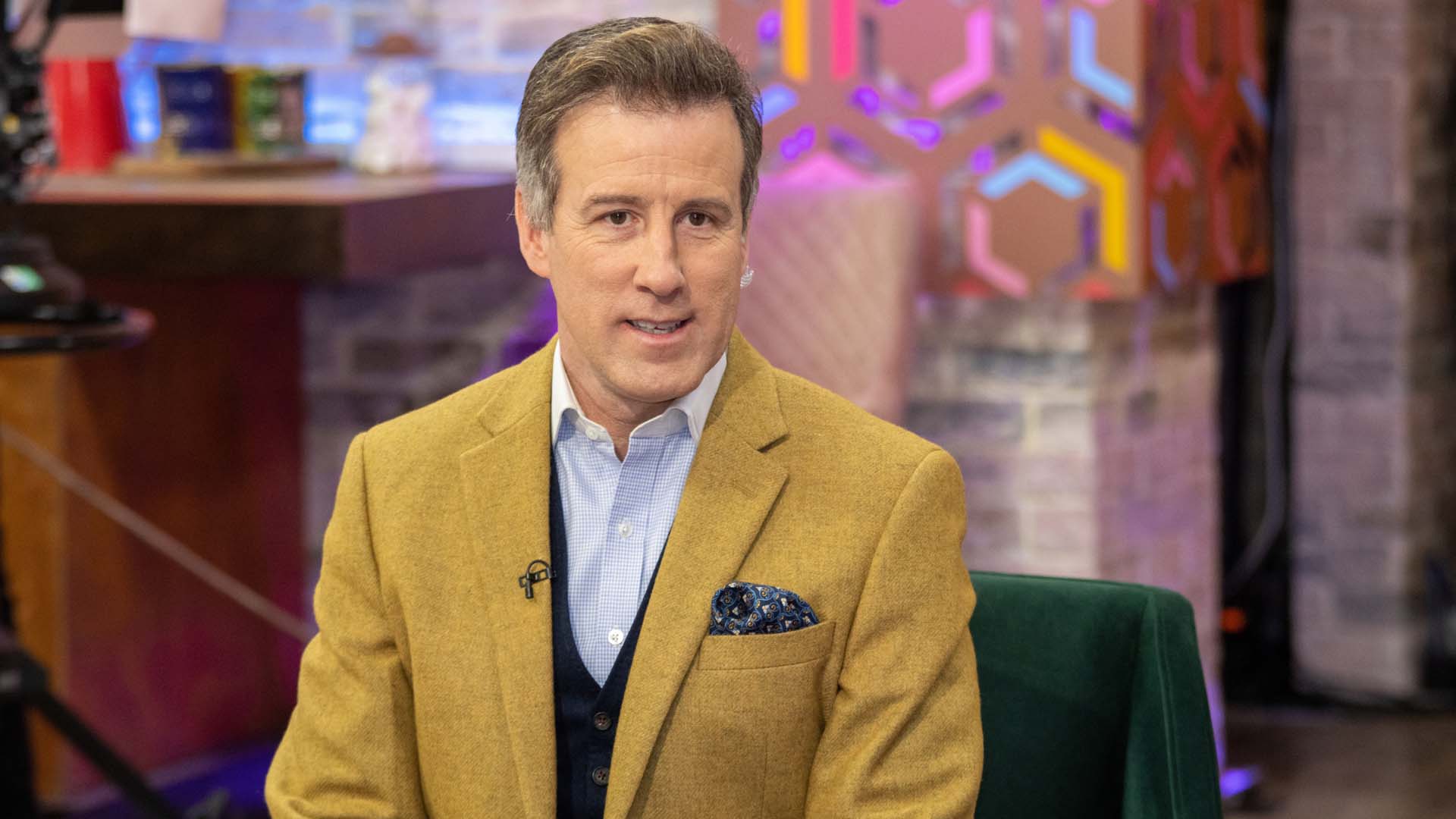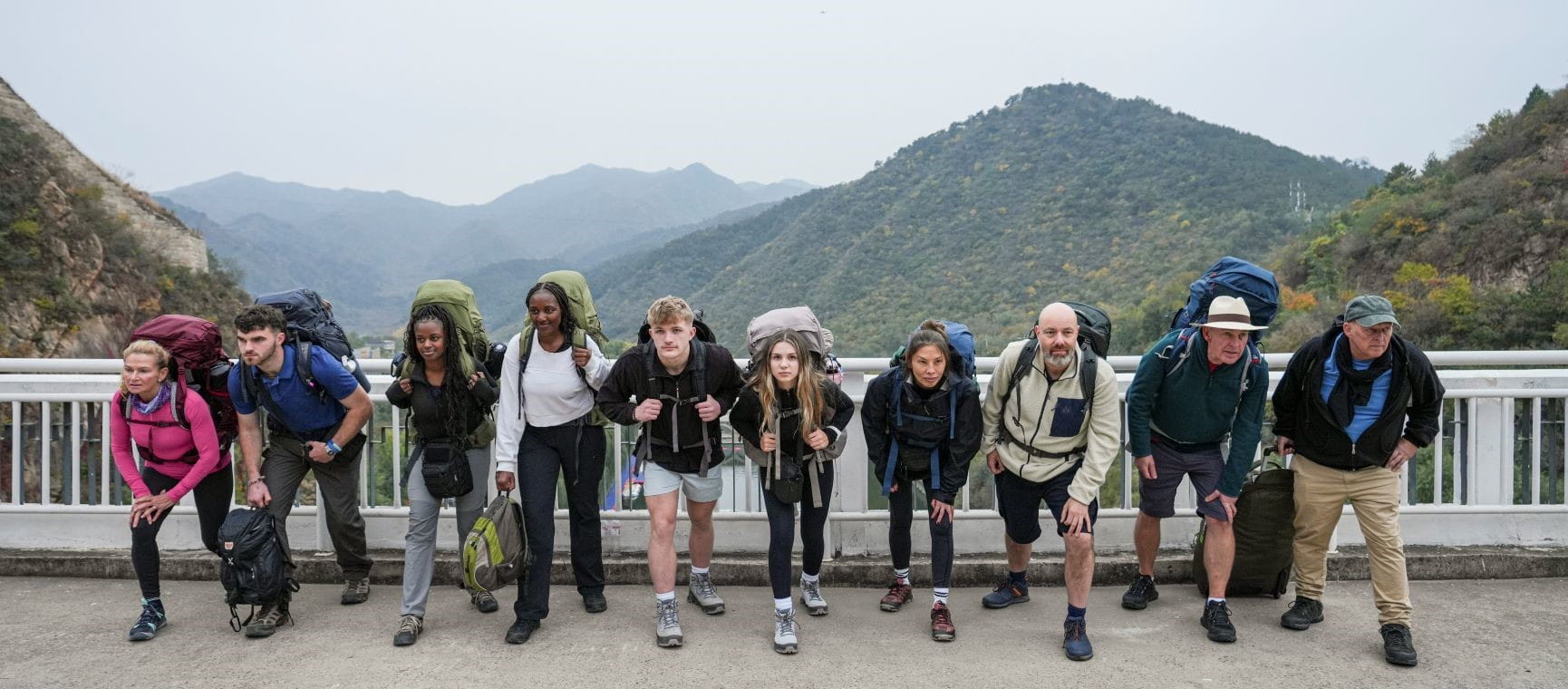
It’s one of the most exciting shows on TV and last night (23 April) Race Across the World was back on our TV screens with five pairs battling it out to cross the finish line first with no phones or flights and a very limited budget.
As the 2025 contestants started their 14,000km journey across China, Nepal and India, we spoke to last year’s fourth-placed couple Stephen and Viv Redding to find out what really goes on behind the scenes – and what we don’t see on screen.
While the application process starts over a year before filming begins, the chosen couples are given three months’ notice to get themselves ready for the trip of a lifetime. Viv reveals, “We were told we had been chosen to take part in the middle of June and we flew in the middle of September.
"In that time, we tried to prepare as much as possible by going on walks and using our daughter’s rucksack with 10kg worth of stuff in to get as fit as possible. In reality, it’s not about how fit you are as you do a lot of sitting on trains and buses. It’s all about being mentally strong.”
The couples are also provided with a starter pack by the BBC, but that doesn’t arrive until a few days before contestants depart.
“They gave us a rucksack each, a laundry bag, a mosquito net, a padlock, a sleeping bag liner, a head torch and a special filtered water bottle,” Stephen says.
“But we had to get everything else and we were told that we would be in temperatures ranging from four to 37 degrees, so we had to pack accordingly.”
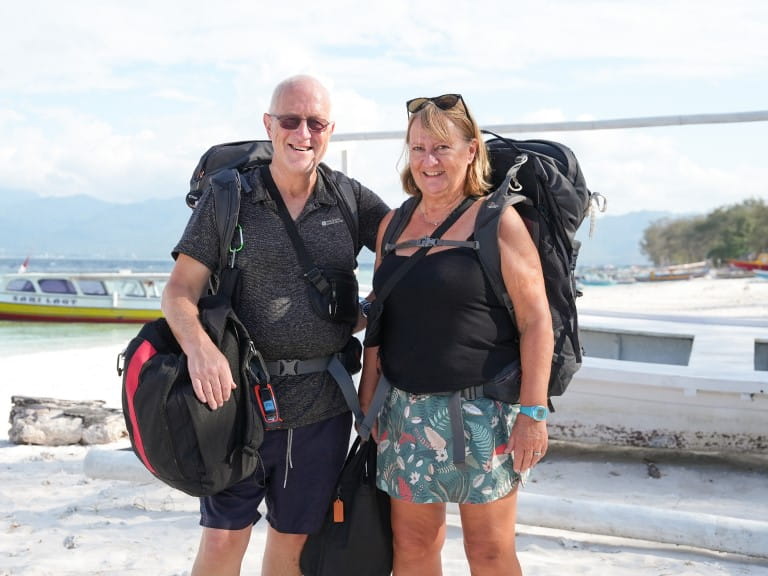
In order to keep everyone guessing, the contestants are only told where they will be flying to once they get to the airport.
“Everyone thinks we knew where we were going but we honestly had no idea until we got to the airport hotel the night before we flew,” Viv says. “You go to London on the Saturday to film all the idents for the show, but you are kept away from everyone else and are given a chaperone.
"You even have your phone taken off you so you can’t message your friends and family to let them know where you’re going.”
Stephen adds, “We were shocked when we were told we were starting in Tokyo as we had been speculating about where we would be going and we’d kind of ruled that out. But we all flew on separate flights to keep us apart and you only meet your fellow contestants for the first time on the start line.”
If you ever wondered how the couples get all their clothes cleaned, then wonder no more. Viv explains, “As soon as you get to the checkpoint hotel, you hand in your laundry bag full of your dirty washing and then it comes back to you within 24 hours, so then you can start the next leg with clean clothes and it makes such a difference.”
And it’s not just laundry that gets done as, according to Stephen, all the couples fill up on food and drink: “We weren’t on a budget when were at checkpoint so we could have whatever we wanted. You have to do a minimum of 36 hours at the hotel, so if you time your arrival right, you can get two nights there and leave first thing in the morning.
"Or you may just get one night and then you’re kicked out in the evening, which means you may miss all the transport.”
As well as staying a minimum of 36 hours at checkpoint, the teams also must stay in their overnight accommodation for at least 10 hours.
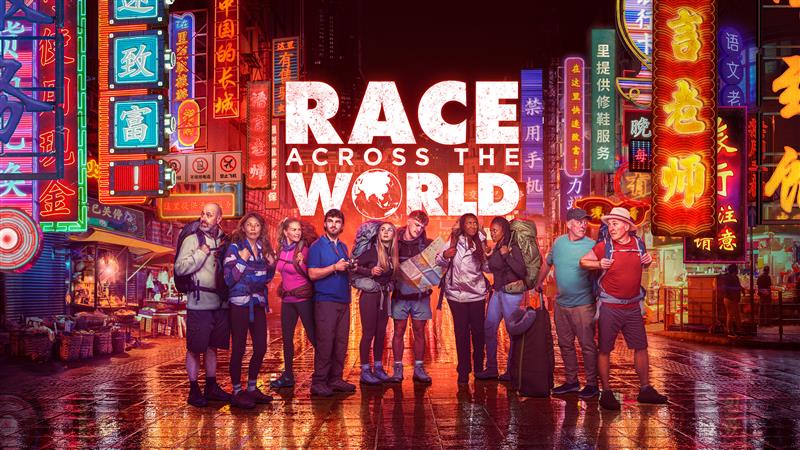
There is a very good reason why couples run to sign the guestbook as even a 30-second lead can give a huge advantage. “Racing to the checkpoint to get a narrow lead over a rival team can seem a bit pointless,” Stephen admits.
“But even if you get there slightly ahead, when you leave you get given the job booklet first and that determines your route. You are told the next destination and given the book and then you have to figure out where it is and you can see what jobs are available. And the best ones get snapped up straight away, so you want to have first dibs. If you leave last, you’re left with the jobs that nobody wants, and it may even change the route you take.”
Viewers often see locals and strangers offering help or finding out train times on their phone, but couples aren’t allowed to directly ask for their assistance. Viv reveals, “You can tell people what you’re doing and there is always interest as you have a film crew with you the whole time, but they have to offer their help, you can’t ask for it.”
And when couples are given lifts by passersby, it must go through a strict vetting process.
“If you hitchhike and somebody offers a lift, the crew has to ask production whether it’s ok and the vehicle has to be checked to make sure it’s safe. We had one guy who wanted to take us both plus all our luggage on a moped but that was soon vetoed!”
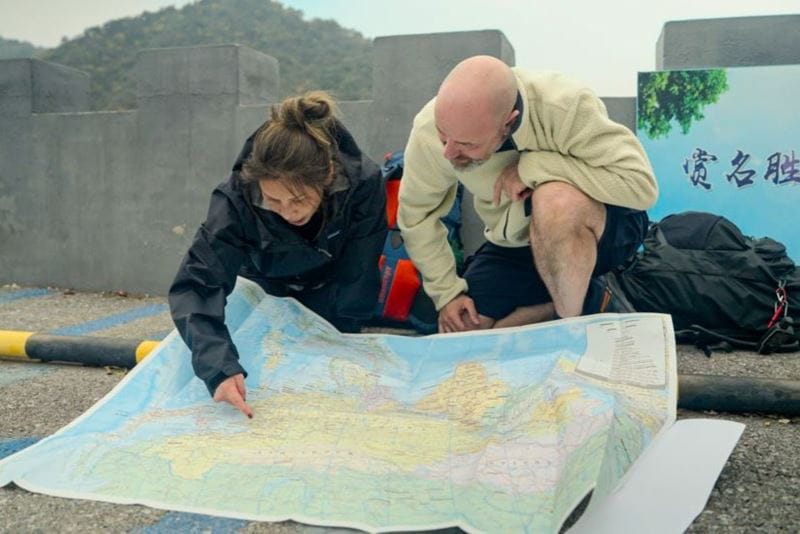
Each pair is assigned their own crew, which includes camera and sound people and a medic, and they have to be accompanied by at least one member the whole time – a rule that can hold them up in the race.
Recalling one incident, Stephen tells us, “There always has to be room for at least one member of crew so if there are only two spaces left on a bus or train, you have to wait for the next available one with at least three places on. The same with hotels. We lost a good hotel because there was only one room available for me and Viv and nothing else, so we had to look elsewhere.”
But that wasn’t the only downside as the crew members aren’t on a budget so can spend as much money on food as they like.
Viv admits, “It was hard to begin with as we’d have to be with the crew so we’d sit with them having their meals, but we couldn’t afford to eat so we just had to make do with water. And on long journeys they would have supplies for the entire time and we’d be rationed but they’re not allowed to give us anything.”
According to Stephen and Viv, every little counts when it came to packing their rucksacks and they did everything they could to make them as light as possible.
“When I first packed my rucksack I said it was the bare minimum I could take, and it weighed about 18kg,” Viv says. “But when I put it my back, I realised how heavy it was and I soon took out things I could live without.
"I then discovered microfibre knickers and they were a gamechanger. They take up such little space and weigh next to nothing.
“Because every milligram counts, I was cutting off labels to try to reduce the weight of my rucksack. And it’s amazing how few clothes you do actually need. We had to pack for extreme weather conditions, so we didn’t even use some of the items we packed.”
Race Across the World is on BBC One on Wednesdays and on BBC iPlayer.

What if... this is the best holiday you’ve never taken?
At Saga, we know that going big on the little details makes all the difference. Discover a range of expertly crafted holidays where everything’s taken care of.
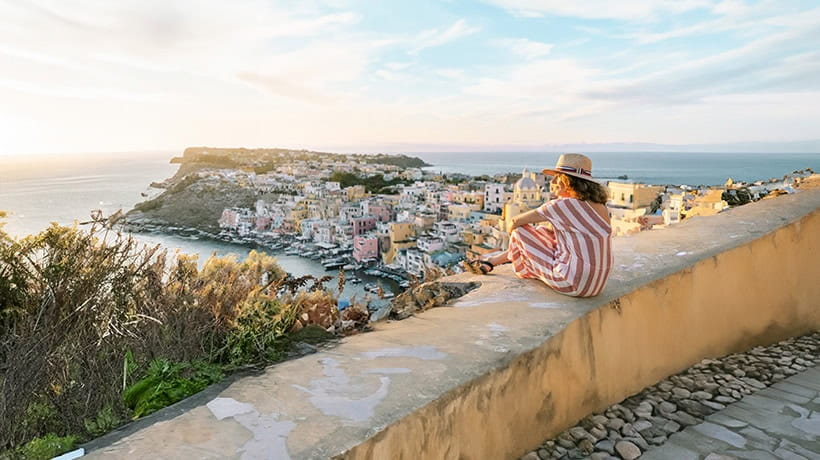
From UK stays to global getaways, Saga Travel Insurance has a policy to suit you with 5 cover options.
All come with a 24/7 GP Service, no upper age limit and most pre-existing medical conditions covered.

As the BBC One show returns to our screens, we spoke to series four finalists Stephen and Viv to get all the secrets.
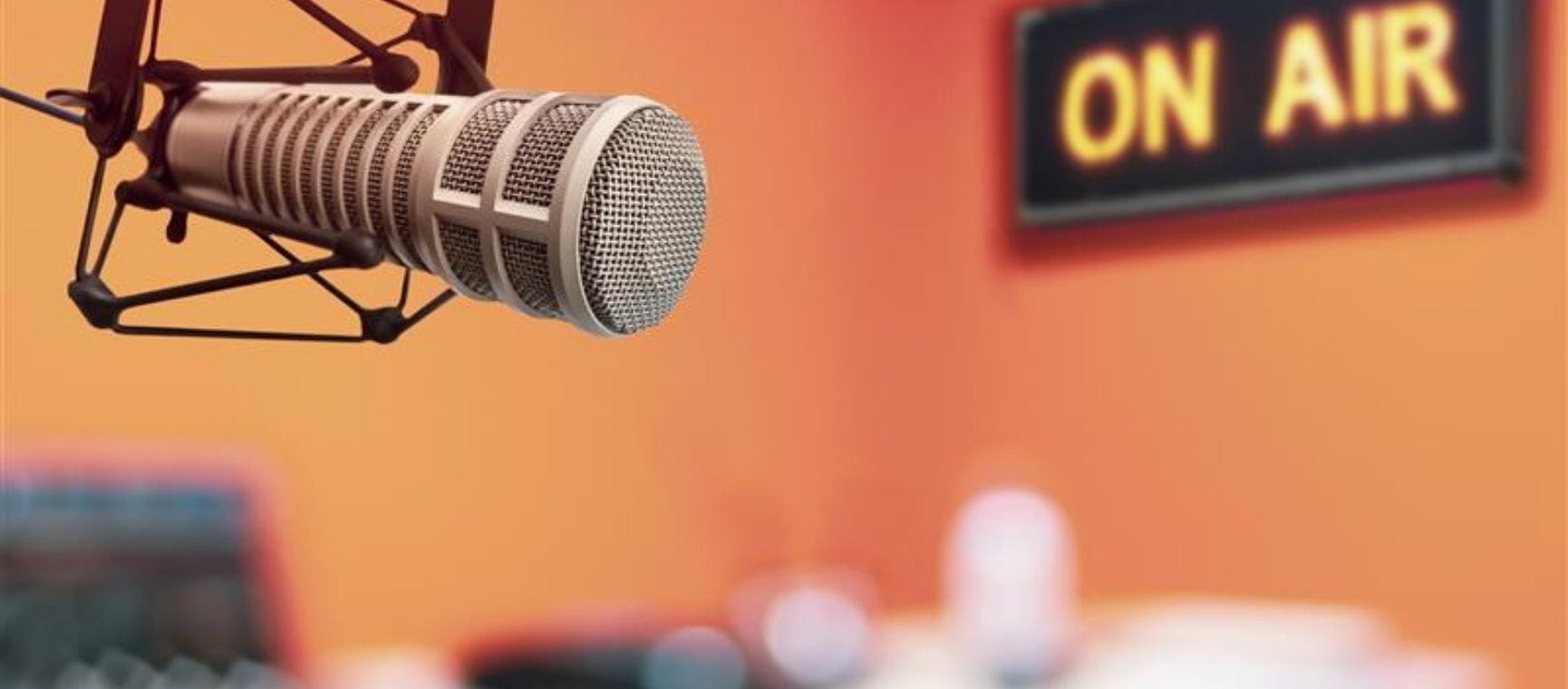
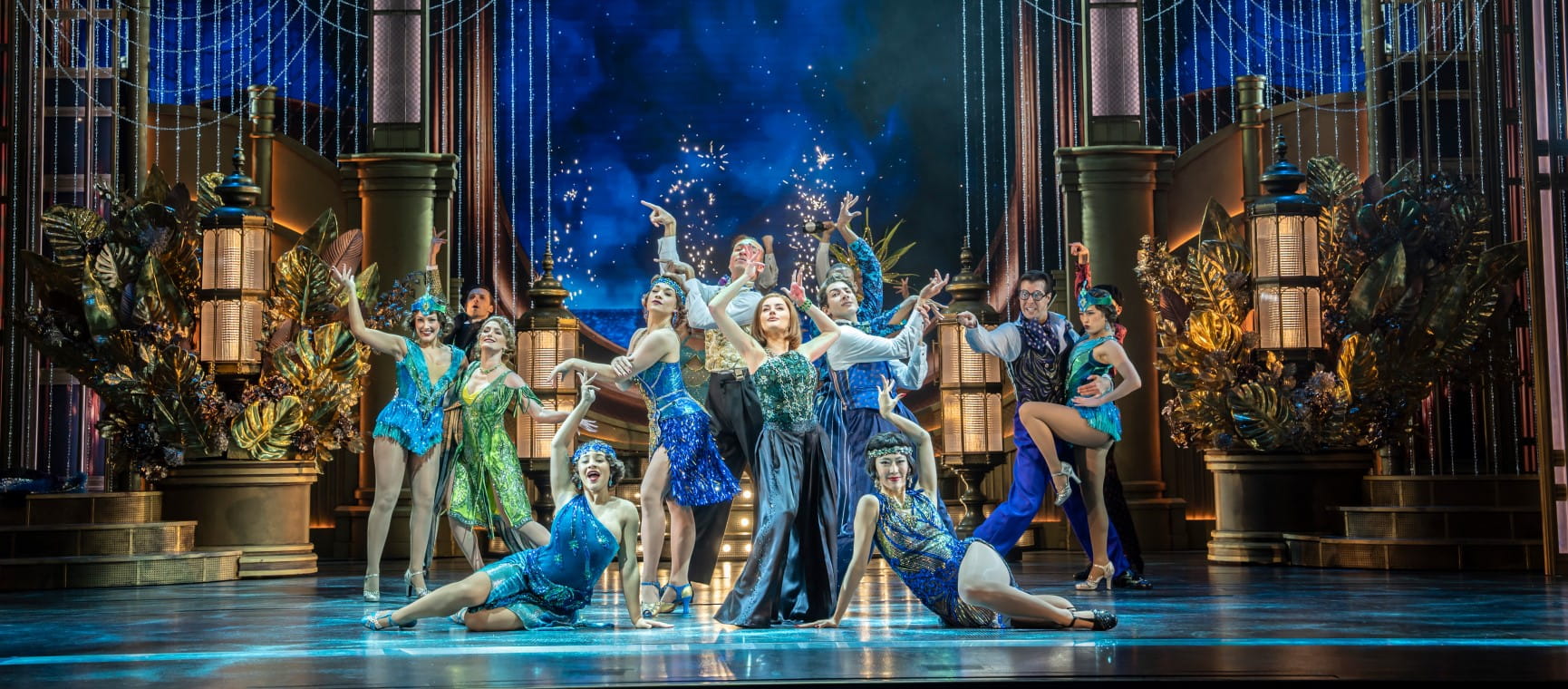
The new stage musical - it may not stir the emotions but it's a gorgeous feast for the eyes, says our reviewer
.jpg?la=en&h=760&w=1730&hash=04982A0DF55C6A640E406DAEB93EF8A5)
Our reviewer says this is a film that makes you think about the value of life, love, and perseverance.
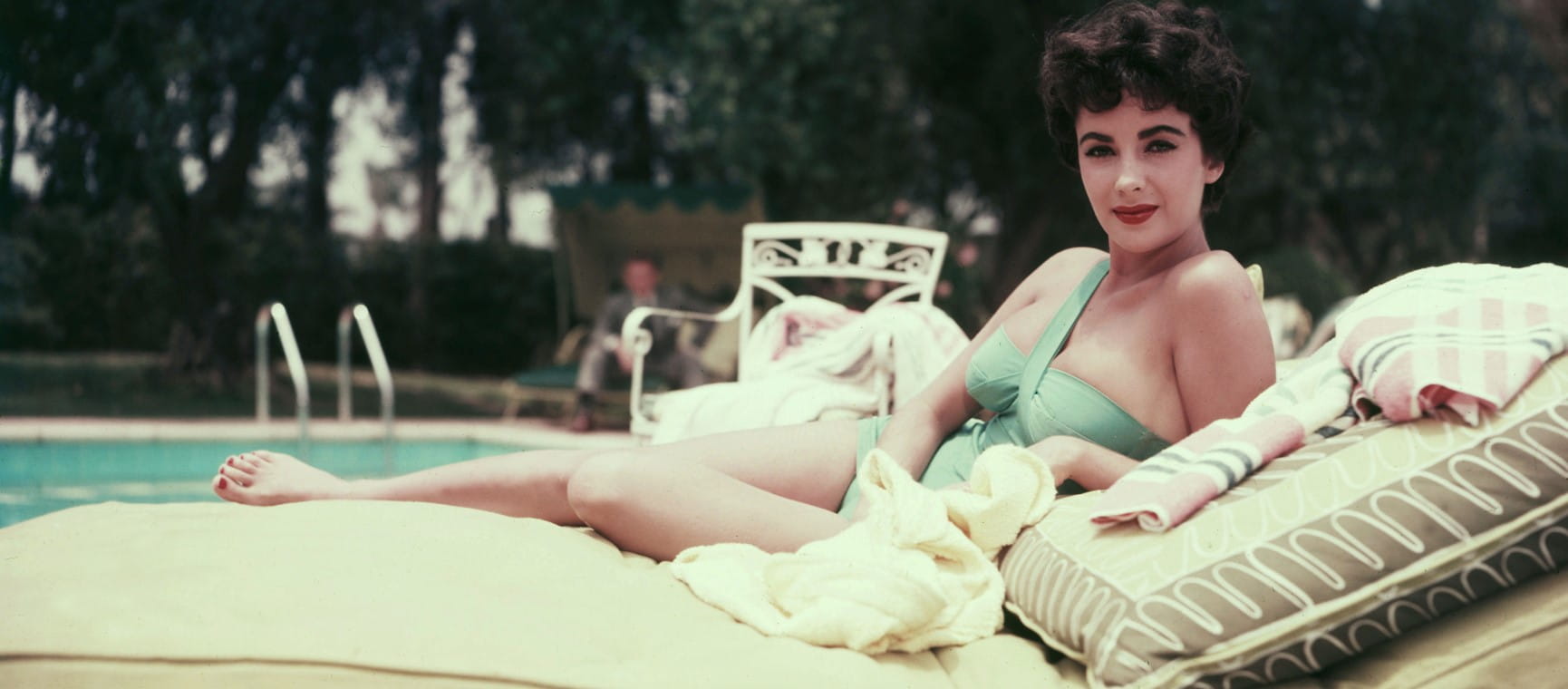
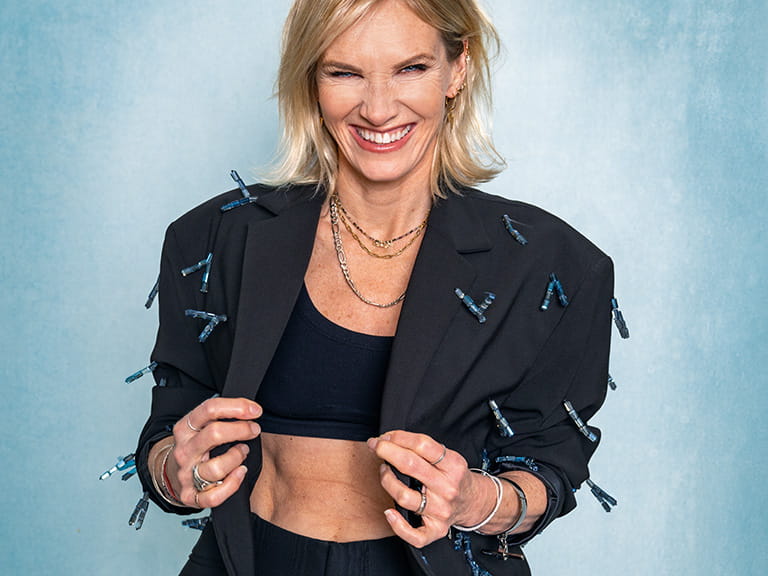
DJ and presenter Jo Whiley on how she's still getting home at 4am and why she thinks Monty Don is as cool as Mick Jagger.

Ahead of the football legend reaching half a century, we take a look back at his life so far.
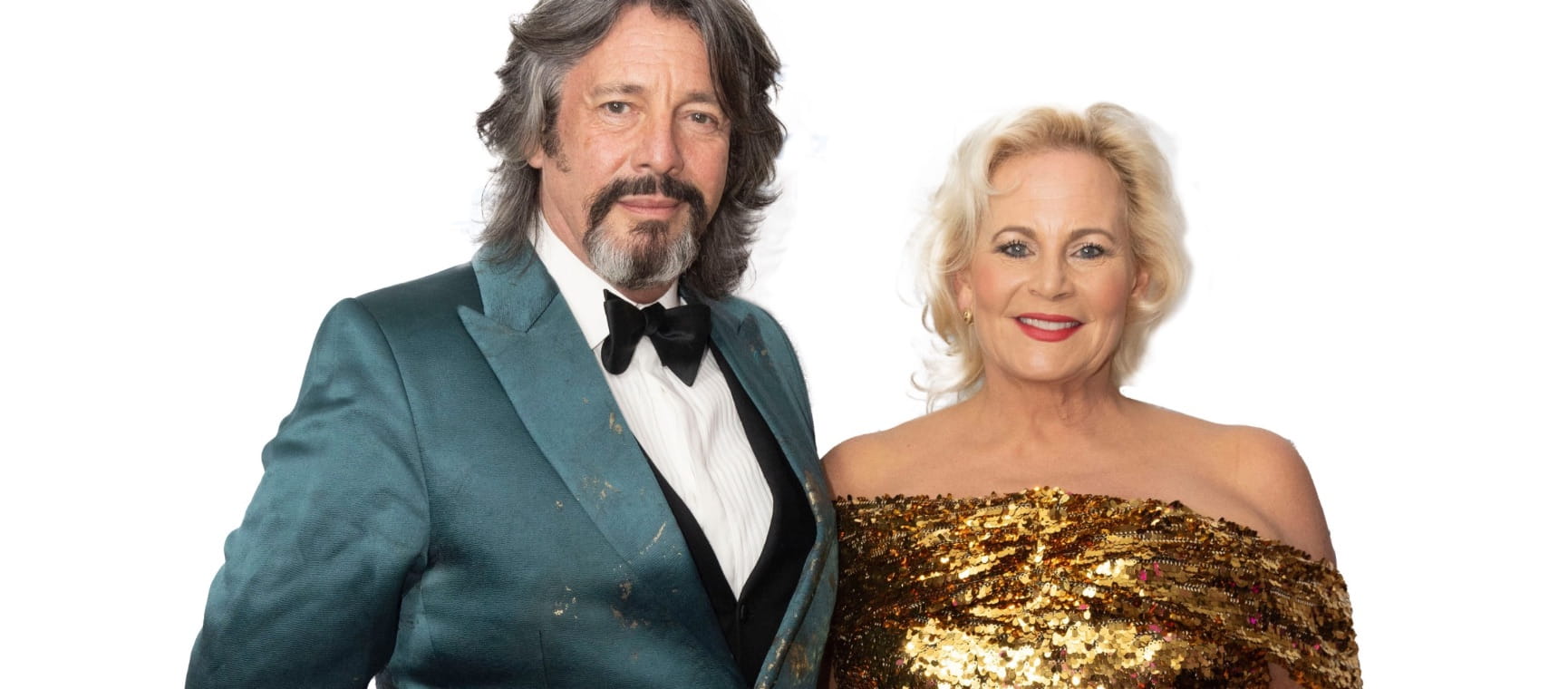
The TV designer on the daily meeting that is the key to living happily with his children and grandchildren.
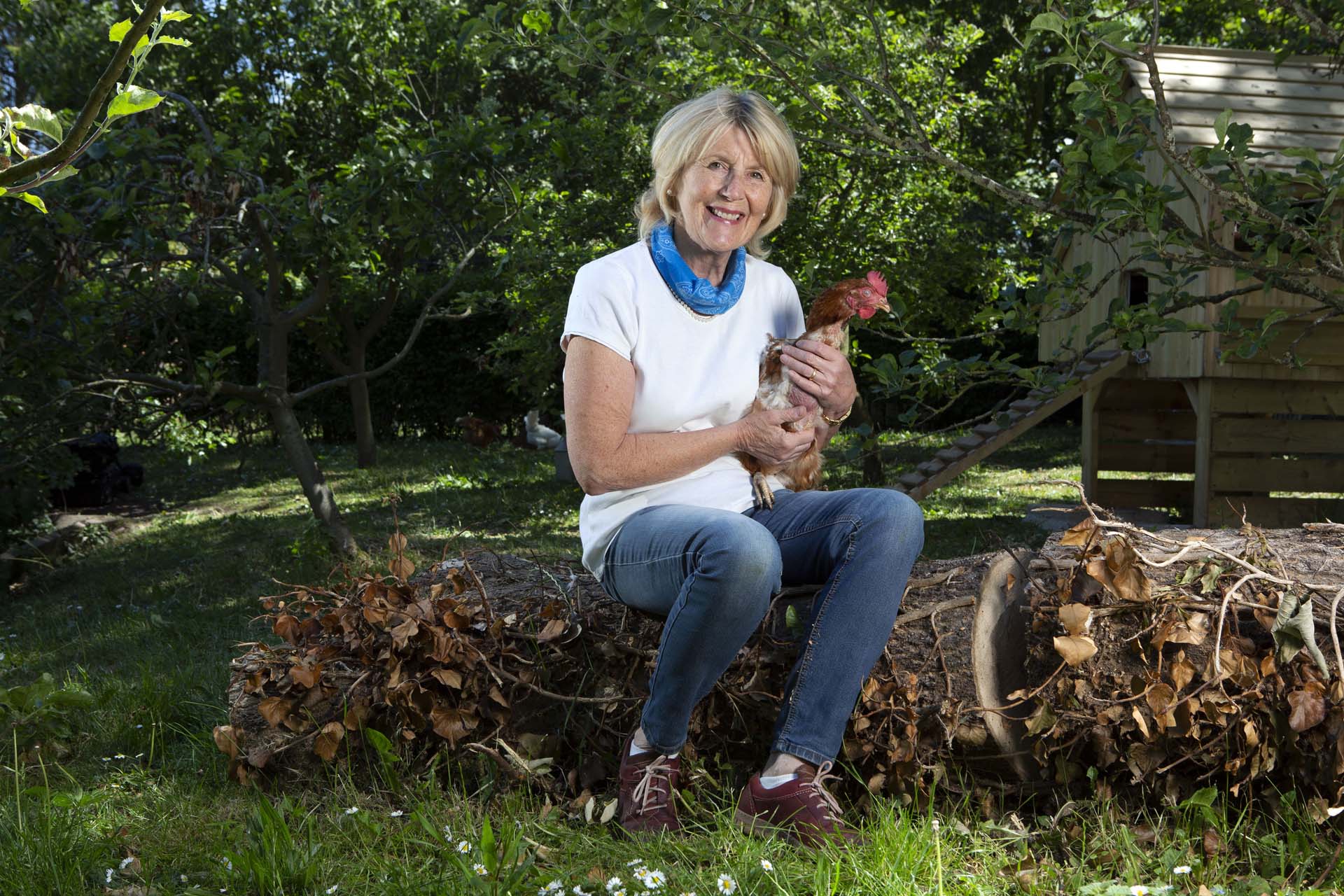
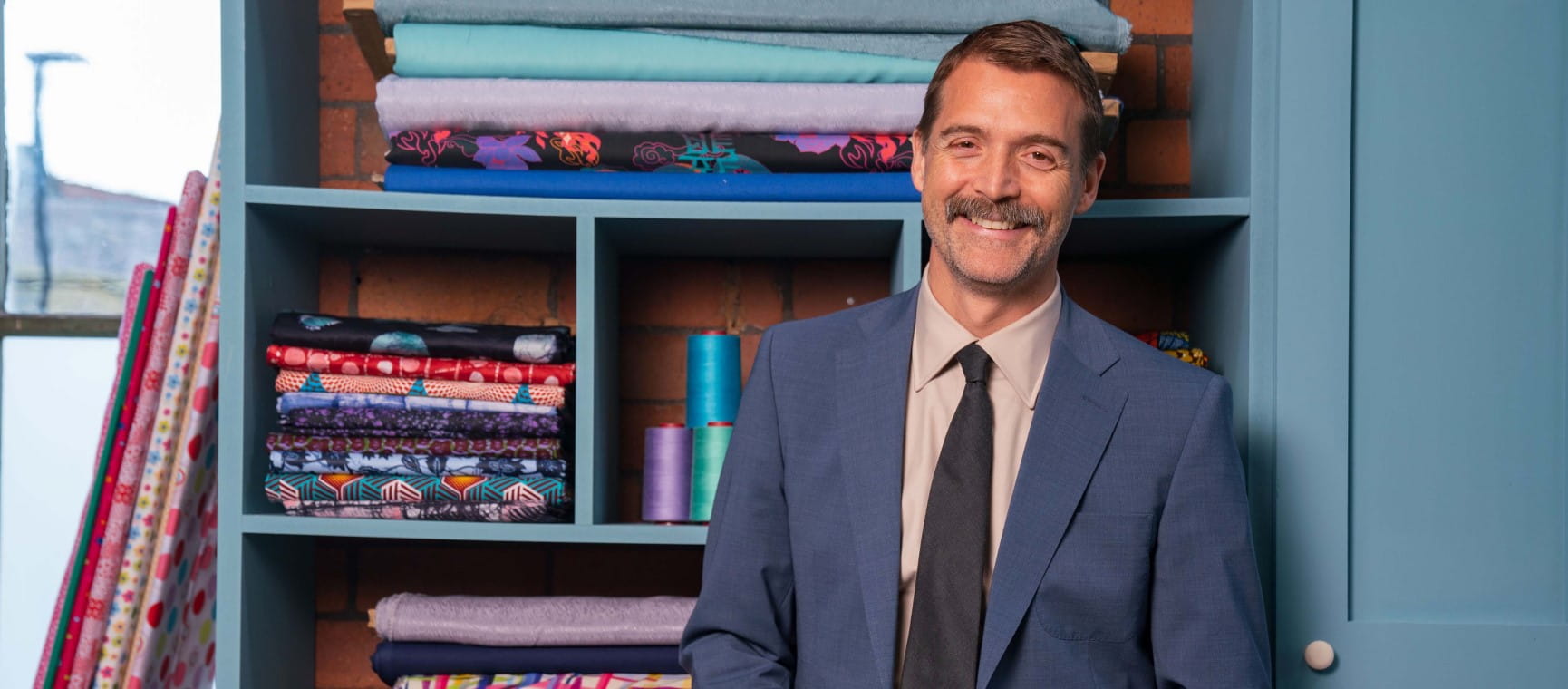
The clothing designer says it’s time to embrace thrift and shares his tips on how we can dress well for less.
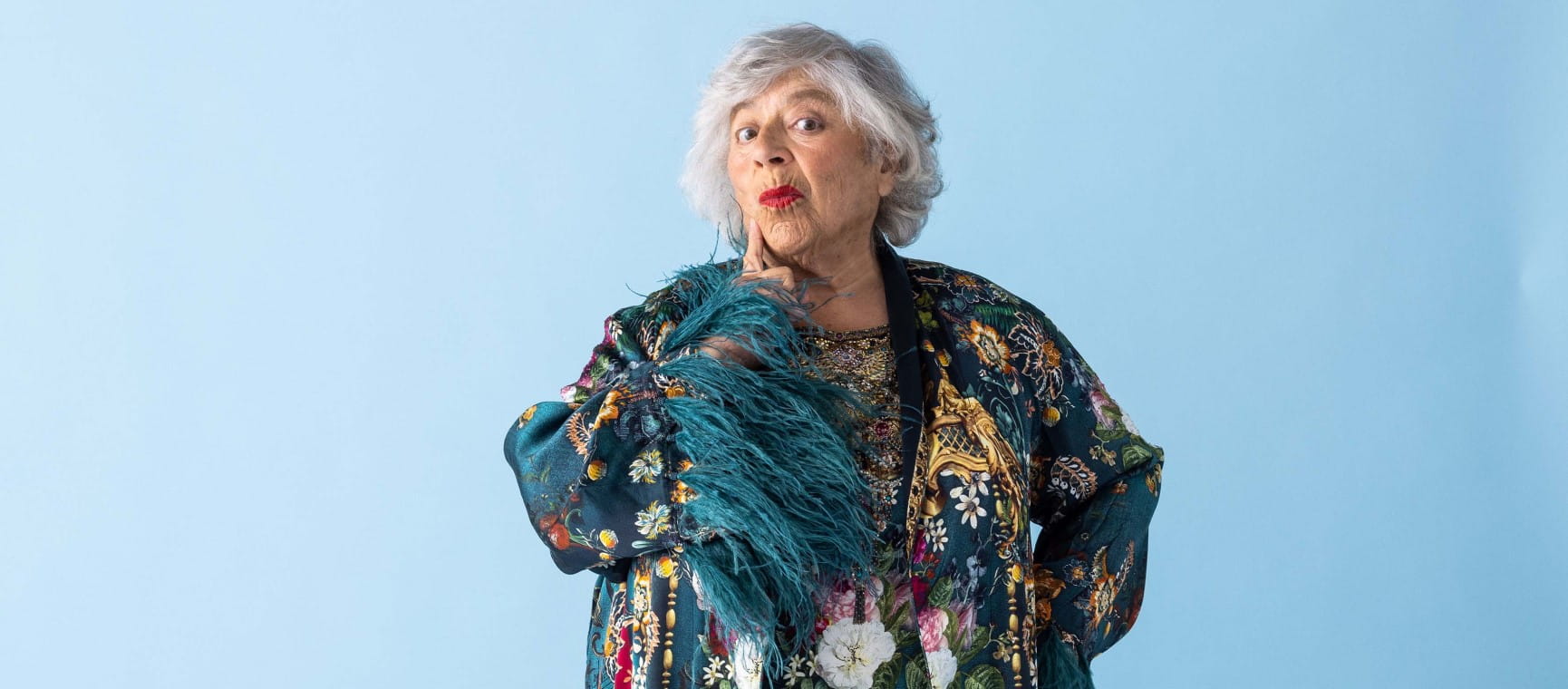
The mischievous actor reveals how she gets daily job offers and believes it’s what you do that matters, not what you say.
